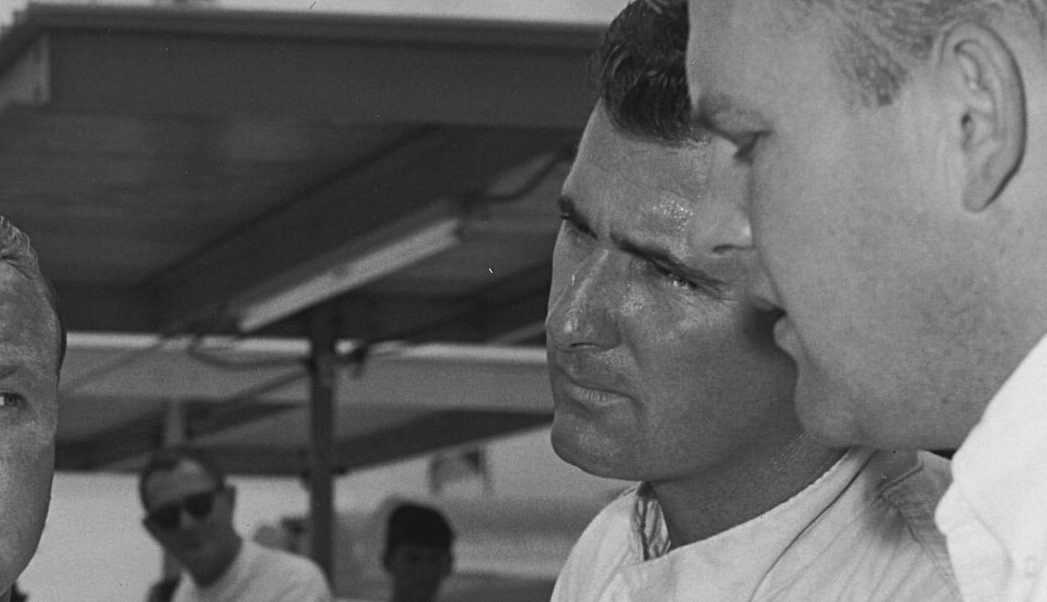One thing that NASCAR has sold over the years is its sense of history.
One needn’t follow the sport for long before catching mentions of Bill France scribbling the foundations of NASCAR on a napkin at the Starlight Motel, or how every driver had some background in moonshining, or that Tim Flock sat in the passenger seat as his rhesus monkey Jocko Flocko earned the win for them at Hickory Motor Speedway.
But with like all things tapping into history, there tend to be some errors that emerge in the sacrifice of a good story. (Jocko rode along for the final 27 laps when they won on May 16, 1953. Kidding.)
As time has gone by, stories proliferate about the sport regarding the good ol’ days, yet no one ever seems to clarify what made them so good nor when exactly they were. When Mark Martin once said that they would race with carburetors that had fallen off cars laying on the track – caution be damned. This type of bravado highlights the typical hyper-masculinity that often accompanies sports and a need to bolster a notion of badassery.
That kind of rhetoric makes for good stories and wonderful sepia-tinged memories, but also ignores rational notions of decision-making and practices.
That drivers continued racing with carburetors or mufflers or engine headers scattered around the track does not mean the sport showed exemplary racing, but rather that no one had learned better that doing so was a bad idea. The kind of chaos thinking of what might unfold from nailing a chunk of debris at race speed is an insurance company’s nightmare and an injury lawyer’s daydream.
With the current model of car turning into a pariah of safety, it seems confusing to think how safe the previous version had been. The troubling part is not that the sport should be working steadfastly to make changes, it is that it has always tried to brush aside concerns about safety – as long as the driver is living.
The best and worst example for driver safety may just well be the career and life of LeeRoy Yarbrough.
Born in 1938, Yarbrough first started his NASCAR career in the Grand National series in 1960, albeit, competing in just one race. Over his 13-year stay in NASCAR, Yarbrough never found the funding to race a full season but still accumulated wins, starting with two in 1964. His 1969 season stood as his best, winning seven races in the 30 that he started. Though the full 1969 season was 54 races, he still managed to finish 16th in the overall standings.

